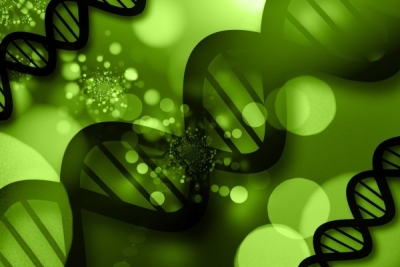World Food Day, created in 1981 by the United Nations (UN), is celebrated annually on October 16th. Its objective is to reflect on the importance of food, in addition to making an appeal to guarantee food and nutritional security throughout the world, which involves healthy, accessible and quality food (1).
Alcohol metabolism
It is known that most alcoholic beverages originate from the fermentation of carbohydrates present mainly in sugar cane, grapes or barley (2). They consist mainly of water, ethanol and sugar, with minimal amounts of proteins, vitamins and minerals. The calories present in these drinks come from sugar and ethanol itself, containing around 7 kcal/g (2, 3).
After drinking alcohol, the ethanol present is quickly absorbed by our body. This absorption occurs in smaller quantities in the stomach and in larger quantities in the small intestine (4). Due to this rapid absorption, alcohol ends up inhibiting other metabolic pathways, including the lipid pathway, which can facilitate the accumulation of fat, especially in the abdominal region. Ethanol then reaches the bloodstream and a small fraction of what is ingested (2 – 10%) is eliminated through the skin (sweat), kidneys (urine) and lungs (breathing). Much of the ethanol is oxidized by the liver, which receives between 90 – 95% of the ethanol. In the liver, the enzyme alcohol dehydrogenase (ADH) converts ethanol into acetaldehyde, a substance that can be more harmful to our body than ethanol itself, causing tissue damage (2,4).
How can excess alcohol interfere with the absorption of nutrients? (5)
Chronic alcohol use can cause deficiencies in several nutrients, mainly due to liver overload caused by alcohol abuse. The substances that are formed during the conversion of alcohol for its elimination result from intense activity of hepatocytes (liver cells). This action harms the assimilation of important nutrients for our body.
The liver is a fundamental organ for the metabolism of substances and nutrients, and its functions are compromised with excessive alcohol intake, especially in the absorption and metabolization of vitamins and proteins. Studies show that alcoholic patients may present changes in the metabolism of some amino acids, such as methionine, cysteine and cystine (important for gaining muscle mass, skin health, etc.), in addition to low serum levels of folate (important for health cardiovascular and nervous system). Furthermore, research also points to vitamin D and B12 deficiency in alcoholics. Other common nutritional deficiencies in alcohol addicts are vitamin A and K, which help with the immune system, bone strengthening, blood clotting, among others.
Alcohol consumption can negatively impact an individual's nutritional status, contributing to both weight gain (due to its caloric content) and malnutrition (due to its impact on nutrient absorption). This consumption-effect relationship also varies depending on the dosage ingested, gender, age group and other pre-existing conditions. Therefore, pay attention to your consumption of alcoholic beverages.
Take care of your health!











